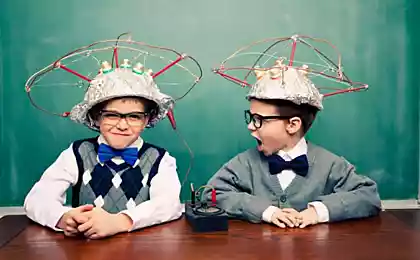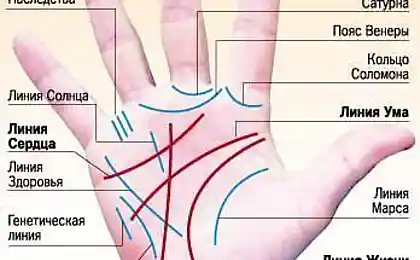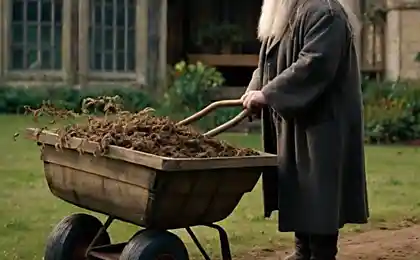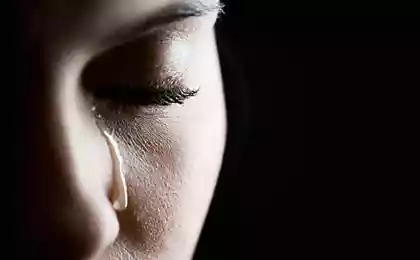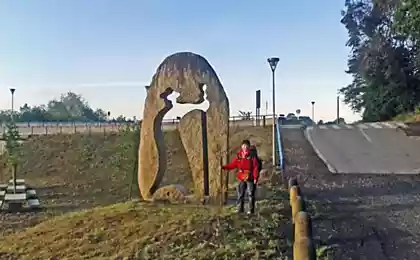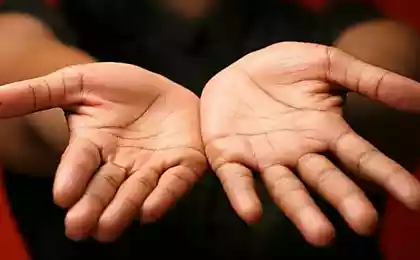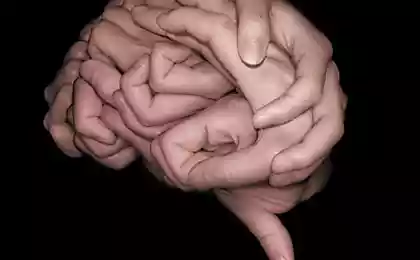1018
Look, I went crazy with joy yesterday X "D
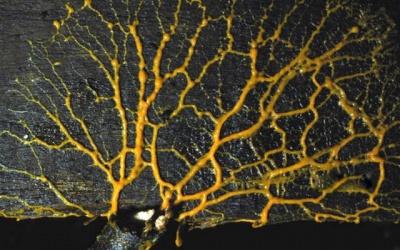
Scientists are almost certain that these simple organisms that do not have a brain, actually have a memory. During experiments with slime mold Physarum polycephalum species, scientists from the University of Sydney have noticed that these organisms avoid returning to the same place where they have already visited. Researchers began to suspect that these movements simply uses a special form of spatial memory.
"Slime mold leave a trail of mucus, which then they can detect and thus" learn "the places where they were," - said the biologist Chris Reid (Chris Reid). Scientists have also suggested that Physarum can recognize and respond to the traces left by other types of slime mold.
Reid said that the primitive organisms can use their spatial memory to solve the same problems faced by today our brains. This is the beginning of the evolution of memory. Previous studies have shown that slime molds can also wander through the maze and anticipate periodic events.


